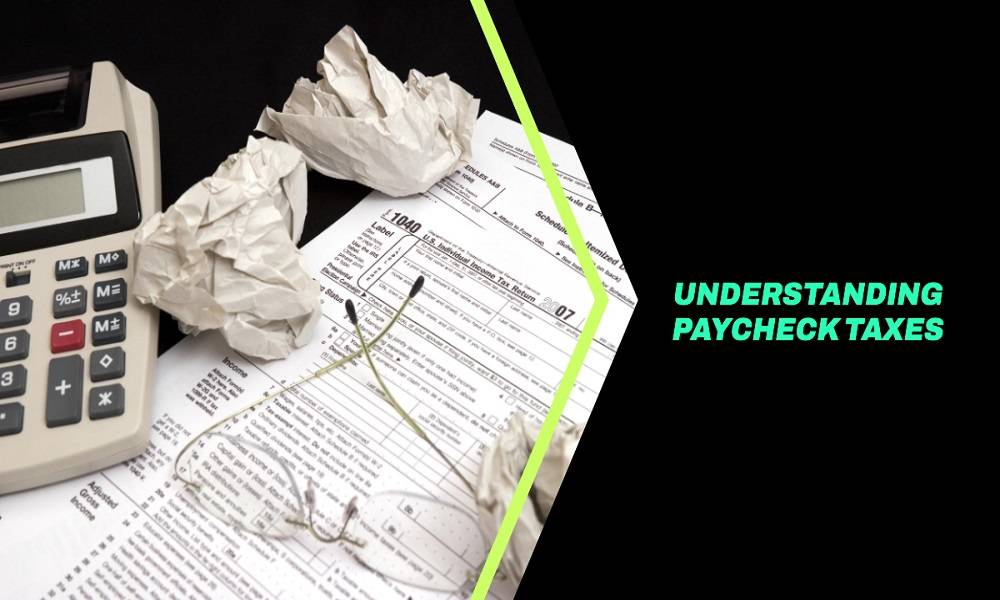How Much Tax Is Taken Out Of Paycheck

Every payday, you may notice several deductions from your gross pay, ultimately leaving you with a net amount that’s significantly less. One of the primary culprits behind these reductions is taxation. But just how much tax is taken out of your paycheck? This article sheds light on the various taxes deducted and factors influencing the amount.
Breaking Down the Tax Components
To understand the chunk of your earnings directed towards taxes, it’s essential to recognize the different tax categories:
- Federal Income Tax: This is the federal government’s primary source of revenue and is based on the U.S. tax code. The amount depends on your income, filing status, and the information on your Form W-4.
- State and Local Taxes: Depending on where you reside, state and sometimes local taxes may apply. The rate and application of these taxes vary significantly from one state or locality to another.
- Social Security and Medicare (FICA): The Federal Insurance Contributions Act (FICA) mandates these deductions. Currently, 6.2% of your gross pay goes to Social Security, and 1.45% is allocated to Medicare.
Factors Influencing Your Tax Deductions
Several elements determine the exact amount deducted from your paycheck:
- Earnings: The U.S. follows a progressive tax system. This means the higher your income, the larger the percentage you’ll owe in federal income taxes.
- Filing Status: Whether you file taxes as single, married filing jointly, head of household, etc., can impact your tax bracket and the amount of tax withheld.
- Allowances and Deductions: The Form W-4, which you complete for your employer, dictates allowances you claim. More allowances can mean less tax withheld.
- Additional Withholdings: If you choose to withhold additional amounts for taxes, this will be reflected in higher tax deductions from your paycheck.
- State of Residence: Some states, like Texas and Florida, don’t have state income taxes, while others may have higher rates. Your state of residence plays a crucial role in the total tax amount withheld.
Understanding the Importance of Accuracy
It’s essential to ensure the correct amount of tax is withheld for a couple of reasons:
- Avoiding Large Refunds: While getting a significant tax refund might feel like a bonus, it means you’ve given the government an interest-free loan throughout the year.
- Preventing Tax Bills: On the flip side, under-withholding can lead to a surprise tax bill and potential penalties during tax season.
To optimize your withholdings, consider using the IRS’s Tax Withholding Estimator.
Conclusion
Taxes are an inevitable part of earning an income. However, by understanding the various components and factors influencing the deductions, you can take proactive measures to ensure the right amount is withheld. This not only helps in better financial planning but also ensures a smoother tax filing process.











